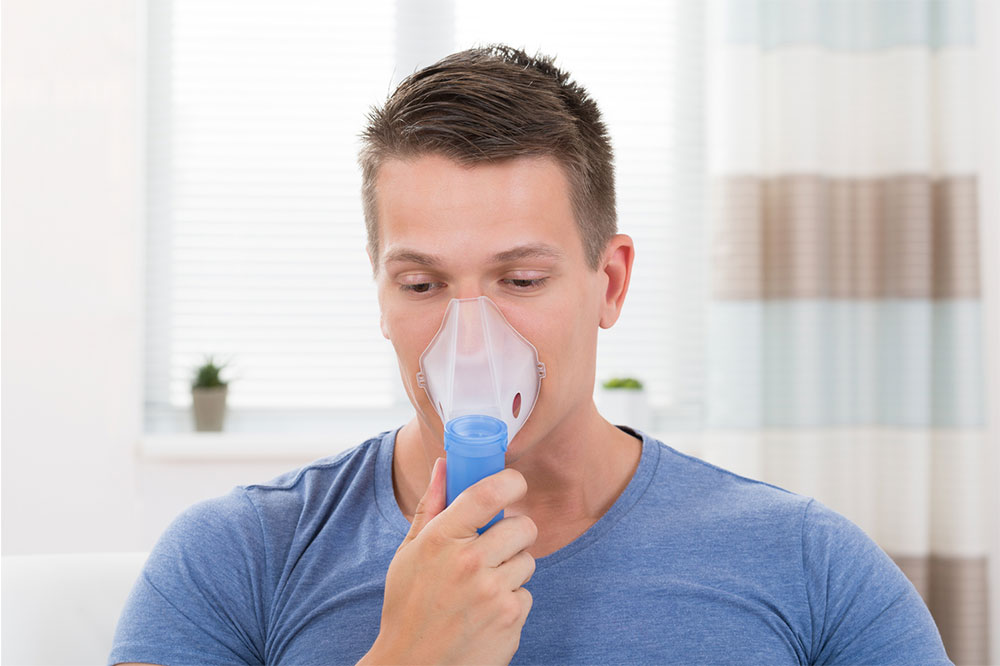
Types and Main Triggers of Respiratory Allergies
Allergies are very common and can cause distressing symptoms. An allergy is caused by coming into contact with allergens, which are substances that trigger off certain reactions in one’s body. A healthy person may not face problems when exposed to allergens, but one with a weak immune system may experience various symptoms that can range from mild to severe.
A respiratory allergy is an allergic reaction that results in symptoms related to the respiratory system, along with issues in the functioning of the system. It leads to allergic conditions like rhinitis and asthma.
Types of respiratory allergies
The article discusses the different types of respiratory allergies and their main triggers:
- Allergic rhinitis
Allergic rhinitis, commonly known as hay fever, occurs due to triggers like pollen in the air. It may also occur due to other substances like dust, mold, animal hair, and such. It primarily occurs in spring, when plants release pollen into the air. The pollen enters the respiratory system, which causes the immune system to be triggered by the pollen and reacts to it with a number of symptoms. This includes continuous sneezing, coughing, watering of the eyes, and a runny nose.
This is the natural reaction of the immune system that tries to get rid of pollen in this way. The body releases histamine, which causes these reactions. Most people suffer from seasonal rhinitis, which occurs when plants pollinate, but it can also be perennial rhinitis, which can occur at any time of the year. - Allergic asthma
When pollen or any other allergic substance, the main trigger of this type of an allergy, enters the airways, the immune system reacts strongly. The immune system tries to prevent the allergen from entering the lungs by causing constriction or narrowing of the bronchioles in the airway. This narrowing causes difficulty in breathing, and it leaves the affected individual gasping for breath. It causes a wheezing sound as air struggles to pass through the airways. In severe cases, the airways close completely, causing a complete lack of airflow, and this can lead to unconsciousness and even death if not treated immediately.
Treatment for respiratory allergies
Treatment requires identifying the cause of the allergy and preventing exposure. General immunity needs to be strengthened to prevent flare-ups. The acute symptoms of rhinitis can be treated with antihistamines, which are medicines that block the working of histamines and stop allergic reactions. Allergic asthma can be treated with tablets or using an inhaler that has medication to open up the airways. Steroids may also be prescribed to deal with inflammation.
The allergens causing the reaction need to be identified, and care must be taken to prevent exposure to the main triggers of this type of allergy. Holistic treatment to strengthen the immune system is required to get a permanent solution.



